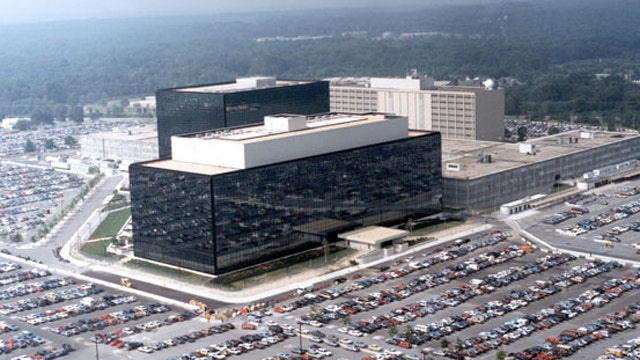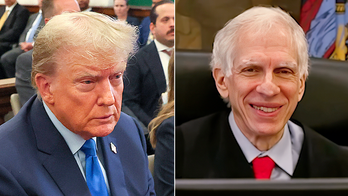Is the NSA really stopping terror attacks?
Skepticism about effectiveness of surveillance programs
WASHINGTON – The U.S. government is looking at ways to prevent anyone from spying on its own surveillance of Americans' phone records.
As the Obama administration considers shifting the collection of those records from the National Security Agency to requiring that they be stored at phone companies or elsewhere, it's quietly funding research to prevent phone company employees or eavesdroppers from seeing who the U.S. is spying on, The Associated Press has learned.
The Office of the Director of National Intelligence has paid at least five research teams across the country to develop a system for high-volume, encrypted searches of electronic records kept outside the government's possession. The project is among several ideas that would allow the government to no longer store Americans' phone records but still search them as needed.
Under the research, U.S. data mining would be shielded by secret coding that could conceal identifying details from outsiders and even the owners of the targeted databases, according to public documents obtained by The Associated Press and AP interviews with researchers, corporate executives and government officials.
The administration has provided only vague descriptions about changes it is considering to the NSA's daily collection and storage of Americans' phone records, which are presently kept in NSA databanks. To resolve legal, privacy and civil liberties concerns, President Barack Obama this month ordered the attorney general and senior intelligence officials to recommend changes by March 28 that would allow the U.S. to identify suspected terrorists' phone calls without the government holding the phone records itself.
One federal review panel urged Obama to order phone companies or an unspecified third party to store the records; another panel said collecting the phone records was illegal and ineffective and urged Obama to abandon the program entirely.
Internal documents describing the Security and Privacy Assurance Research project do not cite the NSA or its phone surveillance program. But if the project were to prove successful, its encrypted search technology could pave the way for the government to shift storage of the records from NSA computers to either phone companies or a third-party organization.
A DNI spokesman, Michael Birmingham, confirmed that the research was relevant to the NSA's phone records program. He cited "interest throughout the intelligence community" but cautioned that it may be some time before the technology is used.
The intelligence director's office is by law exempt from disclosing detailed budget figures, so it's unclear how much money the government has spent on the SPAR project, which is overseen by the DNI's Intelligence Advanced Research Projects Activity office. Birmingham said the research is aimed for use in a "situation where a large sensitive data set is held by one party which another seeks to query, preserving privacy and enforcing access policies."





